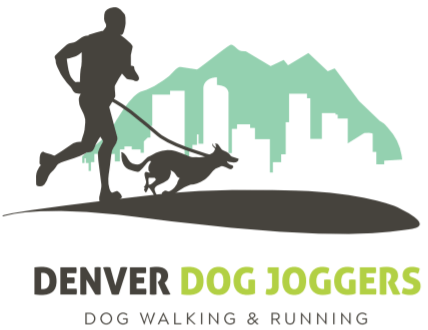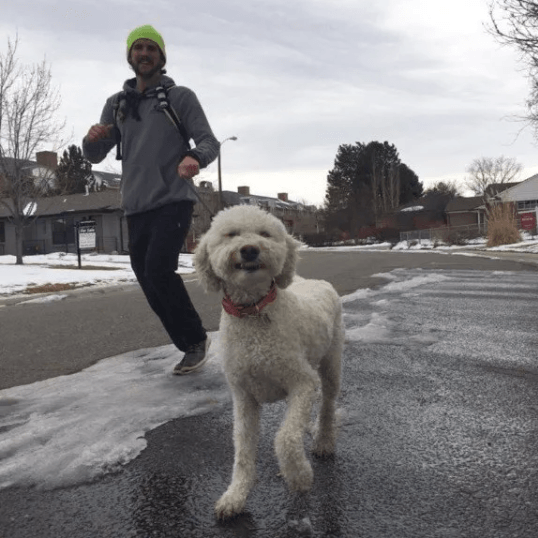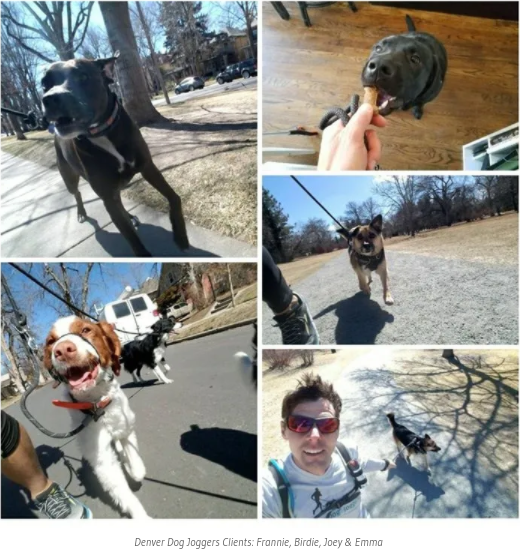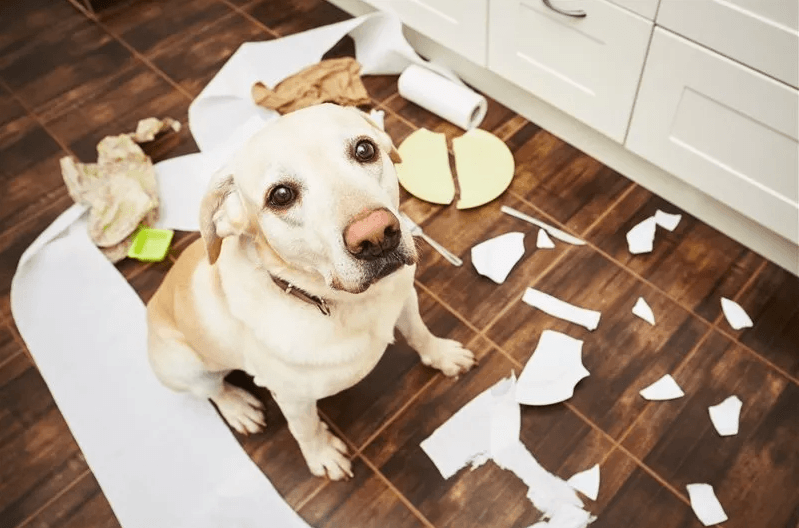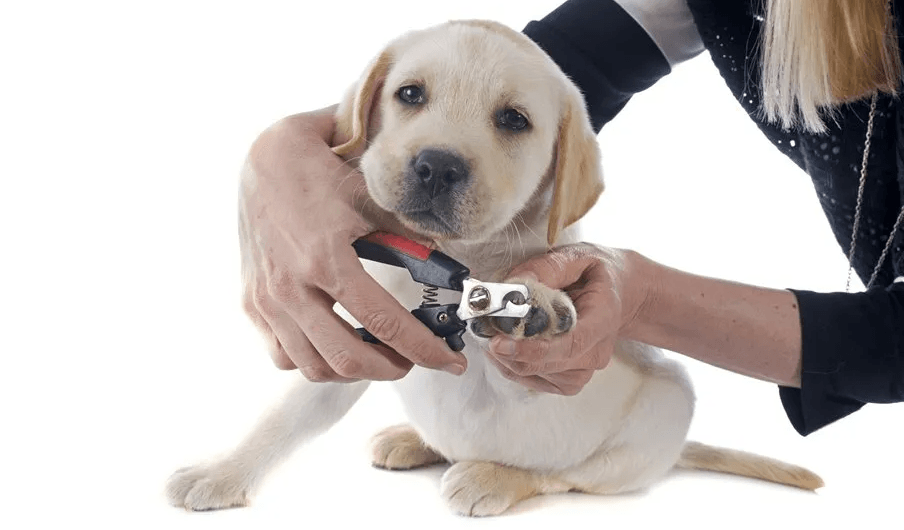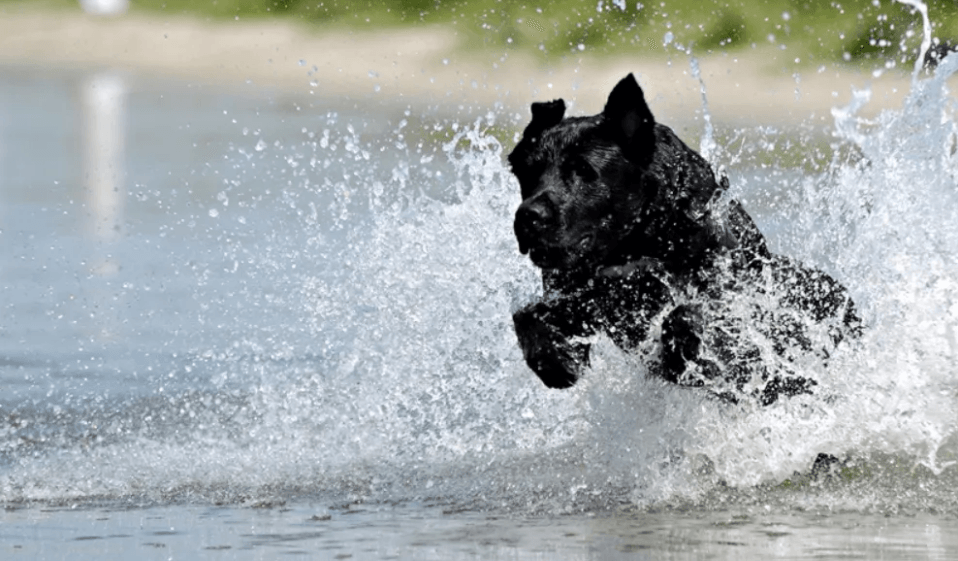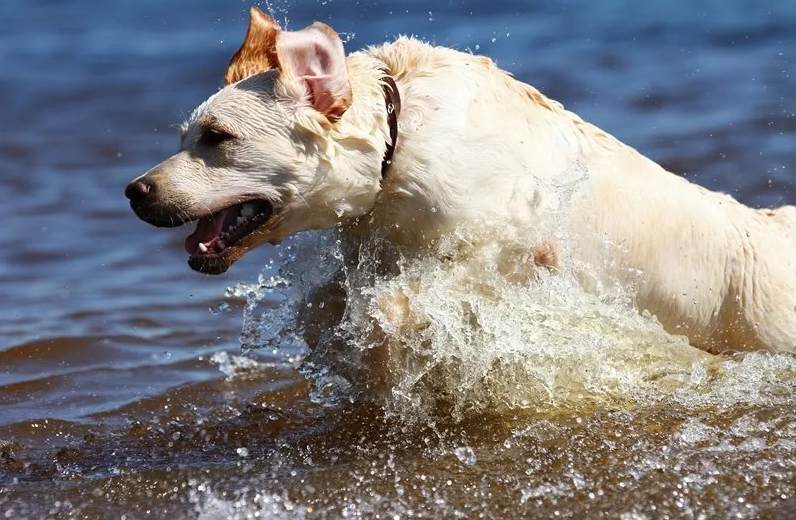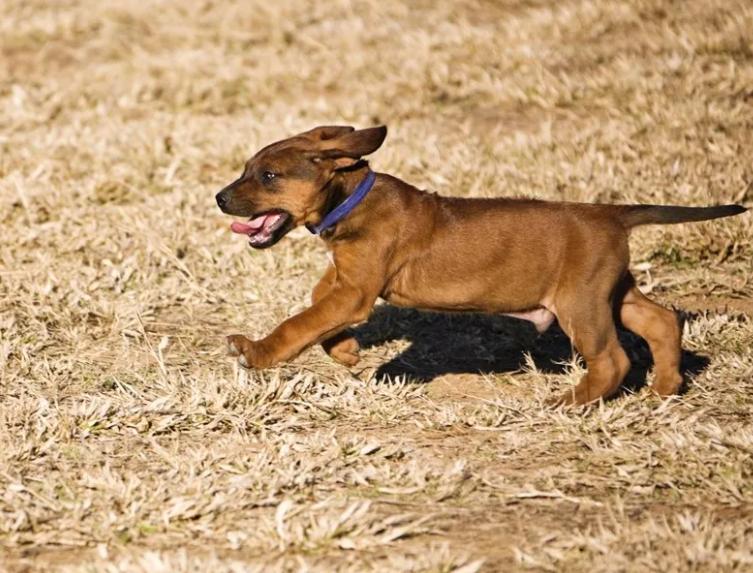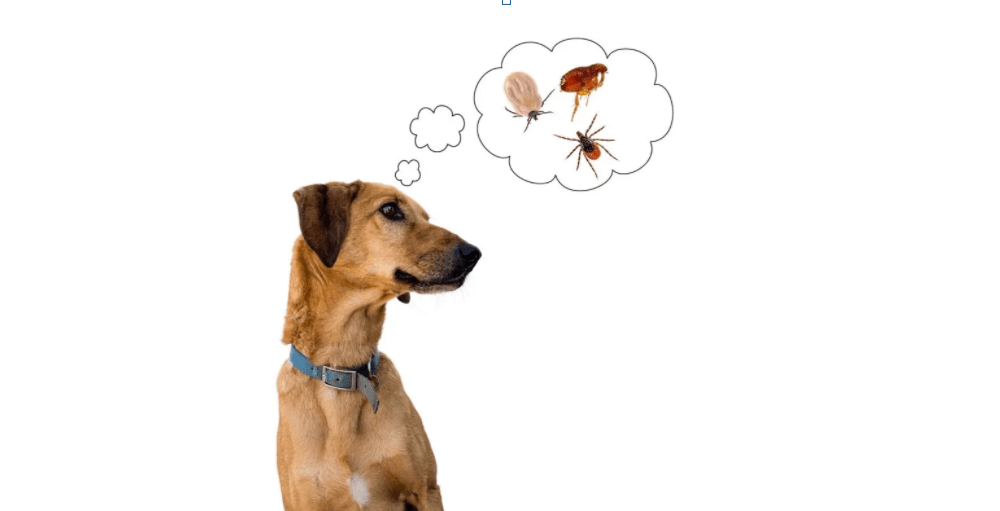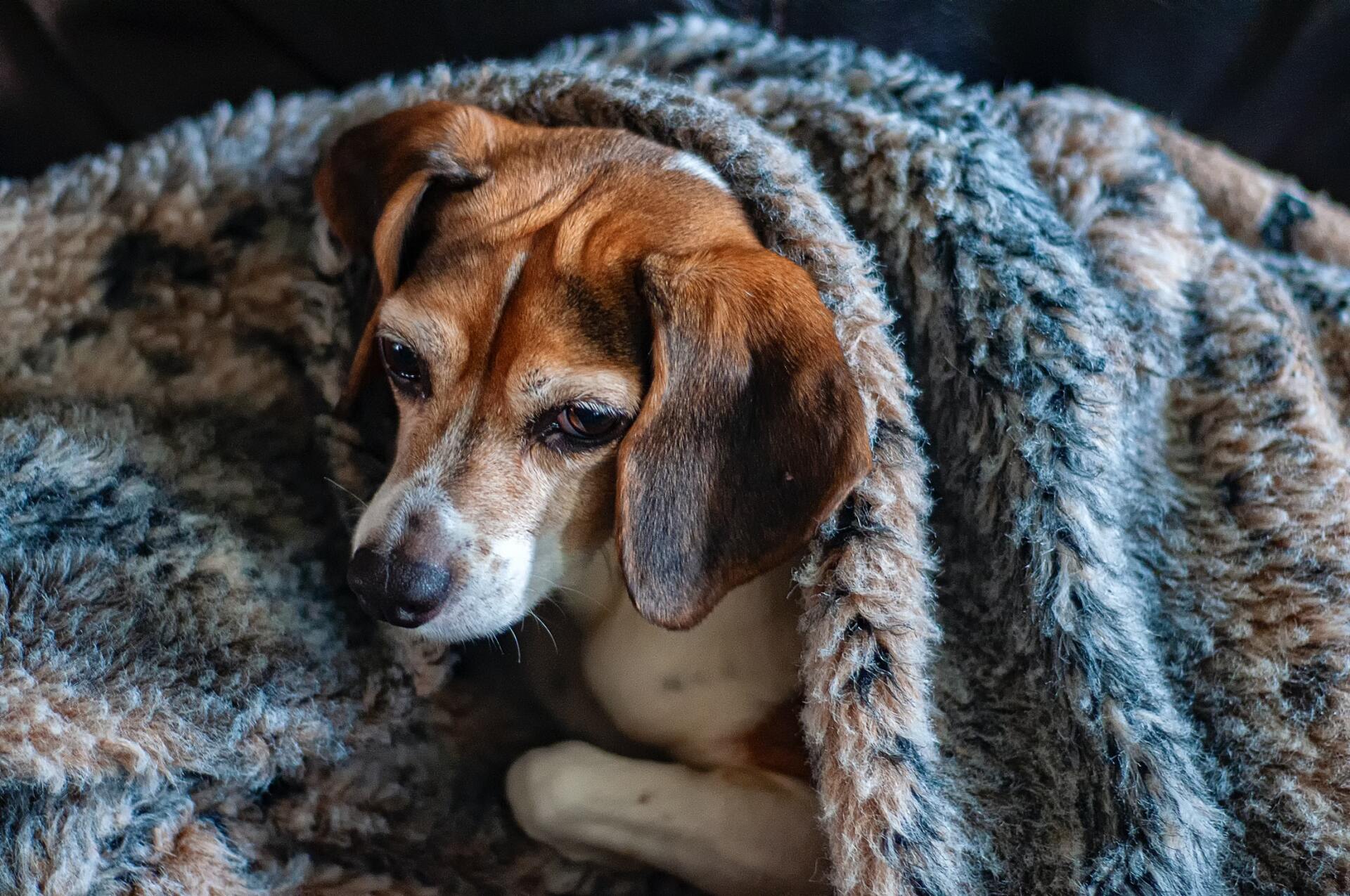Exercise, Socialization, and How You Can Help Your Dog
Lauren Pescarus • September 23, 2020
The best ways to socialize your dog
When we wake up in the morning, we are busily planning our day with work commute plans, where to grab coffee, who to meet up with after work, and where to have dinner. Our dogs usually wake up and stare expectantly at their food bowl and sometimes have a schedule of places to lay around the house with the best sunshine. Dogs lead uncomplicated lives, with far fewer opportunities to go out and experience the world. Without our option to go out and make new memories and experience new events, dogs can become anxious, fearful, and sometimes even destructive.
This is why it is important to provide continued socialization for your pet by creating as many opportunities to go out and explore as possible. This can be far easier than it sounds. With a few tips and pointers to keep in mind, you will have a well-adjusted and well-rounded pup who is calm in any situation.
Start Them Young, They’ll Thank You Later
The best time to start socializing your furry family member is soon as possible. Studies as early as 1961 proved that socialization of puppies as young as five weeks makes for a more calm and friendly dog1. Dogs who are not socialized often have trouble bonding with their human families and are more frequently surrendered to shelters due to behavioral problems as adults.
While the ideal time to socialize your dog is between eight weeks to fourteen months of age, dogs need continued socialization throughout their life as well. As dogs age, they are more likely to show more aggression and fearfulness, which studies have shown can be helped with continued activity in their adult years. Basically, socialization is an important part of a dog’s life at any stage of development.
Exercise Is Your Number One Friend
In just a short twenty-minute walk, your dog packs in a ton of sensory stimulation! By stepping out the door, your dog’s nose is exposed to many different scents: green grass, cooking foods, other animals, other people, exhaust from cars, and probably some tempting garbage smells. They can watch other interesting things pass them by, from that squirrel running up a tree to cars whizzing by. They are exposed to many sounds that would not be available in your house as well, loud crowds of people, cars honking and other dogs barking. We may not realize it, but even a quick trip around the block can stimulate our dog’s brain in ways we take for granted.
Any exercise, from running with your dog, hiking on weekends, to that quick bathroom break in the morning, gives your dog opportunity for socialization. By getting exercise with your dog, you are doing the healthiest activity for both their body and their mind, and ensuring you will get a calm and exhausted dog when you get home.
A Spoonful of Sugar…
No, we aren’t actually suggesting you give your dog sugar, but some tasty (and healthy) dog treats make new experiences more positive. Give treats or their favorite toy during stressful introductions to reassure your dog that good things are happening.
This training trick is called counterconditioning, where you introduce a good stimulus to your dog during an event your dog doesn’t like. While your dog may not like big dogs approaching or loud cars passing by, giving them a treat and some praise changes their feelings about the car or big dog by association. Repeating this step can create a dog who loves (or at least is indifferent) to walk past busy highways because of that memory of treats.
Go Where Other Dogs Play
Your dog played with puppies when they were a puppy, but as your furry friend they are often limited in playing with other dogs unless you have a multi-dog family. Playing with other dogs and learning to communicate on an animal level is just as important as learning to interact with people. Fortunately, there are many social groups and classes which are designed to encourage play between dogs of similar ages, breeds or sizes throughout the Denver area. These social groups are preferred over dog parks since pet parents in purposeful play groups are focused on maintaining a safe and fight-free environment. Many trainers also offer puppy classes for dogs young in age (or heart) which offer guided training sessions as well as group play time. Speak with your local veterinarian or pet professional for recommendations for a reputable dog trainer. We recommend Noble Beast Dog Training.
The benefits of your dog learning how to play in a pack environment can be seen in many other areas of life, not just in play groups. By understanding the body language of the dog approaching them, your dog is less likely to be aggressive to other dogs being walked nearby. They are also more likely to be well-behaved with children and other small animals, such as cats.
When You Can’t, Make Arrangements
Not all of us can make it home to walk our dogs at lunch, or sometimes even in the evening when the hours run late at the office. Often the exercise our dogs do get is limited to quick outings that are only long enough to take care of business. Fortunately, Denver has some of the best parks and trails available, as well as some of the best pet professionals ready to take your dog out when you can’t. Professional pet services
provide not just exercise services, but also ensure your pet is comfortably fed and watered when you are away, taking one item off the schedule you make in the morning. Their services also ensure your dog is able to pack in all the socialization they can during the busy weekdays.
Your dog needs time outside to create new experiences and stimulate their brain, but that doesn’t mean you can’t have someone else take them out. Contact Denver Dog Joggers
to set up a consultation dog run to see how their team can help your pup today.
By Lauren Pescarus
